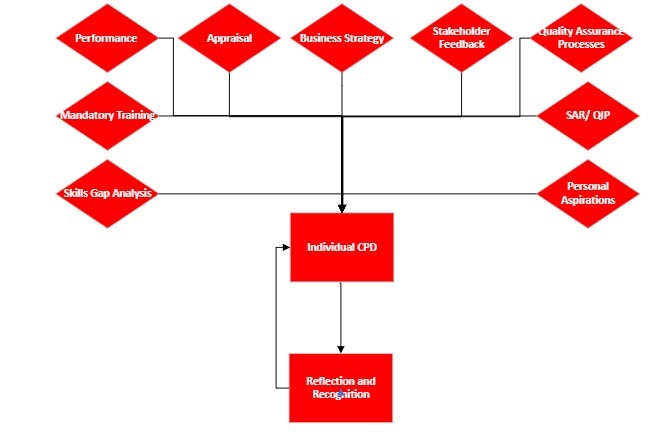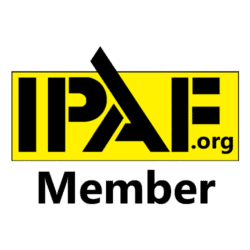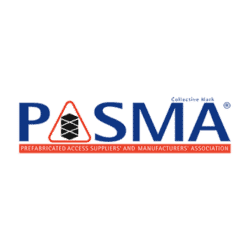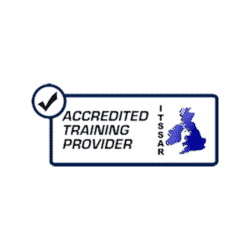Introduction
2 Start is committed to continuous professional development of its personnel and the encouragement of all to be lifelong learners.
2 Start believes in an ethos and culture that all staff, assessors, trainers, managers and internal quality assurers should be positively encouraged to take ownership of their own personal continuous professional development and that is prioritised.
Aims and Objectives of the Policy
The aim of the policy is to create an environment where all staff are continuously motivated and developed to develop personally and professionally. This will drive quality standards, raise morale and drive quality improvements.
This will be achieved by:
- Creating and promoting a positive culture for continuous learning.
- Encouraging all personnel to take ownership of and give a high priority to professional and sectoral development.
- Providing clear guidance and leadership in planning, implementing and organising all relevant CPD activities.
- Ensuring equality of entitlement and access to high-quality induction and continuing support and development.
- Continually identifying staff needs and sources of aspiration, ensuring appropriate match of learning needs of the individual, effective dissemination of good and successful CPD processes and ensuring that such CPD practice is embedded and reinforced within all systems.
- Appropriately sequencing individual CPD activity to develop skills and competencies progressively, allowing them to build on and reinforce skills and expertise across the key areas identified in the appropriate national occupational standards and assessment strategies.
- Differentiating clearly between sectoral CPD and educational CPD and giving appropriate priority to relevance.
Triangulation of Information leading to CPD Programmes
The CPD Triangulation Process is depicted at Appendix A.
The Quality Manager will hold accountability for the companywide CPD programme. Department Managers will be accountable for the CPD plans for their respective departments.
CPD requirements will be identified through existing performance and quality management systems such as appraisal and internal quality assurance sampling and self-evaluation. This data will be triangulated to identify individual needs and stretching CPD targets for respective individuals.
All personnel are encouraged to self-reflect and to actively contribute and participate in identifying areas of strength and weakness and to participate in the development of a meaningful and motivating CPD Plan.
Individual CPD Plans will be tailored to address individuals’ areas of development and aspiration, as well as complementing the overarching business strategy/ needs.
Self-Assessment Reporting will identify areas of weakness that can be addressed via effective CPD and these will be reflected in the Swift Quality Improvement Plan and disseminated to all employees.
Equality of access to education will be provided in all activities relating to planning, execution and review of CPD targets, programmes and providers.
Available CPD opportunities will be published to all personnel. All personnel will have the opportunity to address any perceived performance deficits/ areas for improvement via quality CPD programmes.
All CPD Providers will be adjudged to be of sufficient quality and integrity before being engaged in providing CPD to staff.
Co-ordination of CPD activity will be operated at department level, with oversight to the Quality Manager. Department Managers will be responsible for resource planning, the settlement of invoices and basic logistics.
Opportunities for CPD
The CPD opportunities available will fully reflect codes of professional practice in that they will only be offered if they:
- Suit individual staff development priorities
- Suit business strategies and objectives
- Be of a high quality of teaching, learning and assessing
- Help raise standards of learner’s achievements
- Respect equality and diversity
- Be provided by those with the necessary experience, expertise and skills
- Be planned systematically and follow the agreed programme except when dealing with CPD issues and shortfalls
- Be based, where appropriate, on relevant standards
- Be based on current research and CPD evidence
- Make effective use of resources.
- Be provided in accommodation which is fit for purpose with appropriate equipment
- Provide value for money
- Have effective monitoring and evaluation systems including seeking out and acting on user feedback to inform the quality of CPD provision
The following approaches to CPD will be considered:
- In-house training using the expertise available within the organisation and collaborative CPD activity, teaching, planning and assessment, lesson and assessment observations, internal quality assurance sampling and e learning opportunities.
- Activities attended in sector
- Coaching and mentoring and engaging in a learning and assessment improvements.
- Producing learning and assessment documentation, qualification delivery development, teaching materials, assessment practices.
- Learning undertaken from external providers and funding partners.
- Vocational learning and qualifications professional development provided by the centre.
- Sector specific training and/or updates on current practice to refresh/upskill knowledge and experience e.g.one industry day per year spent working at a local business is encouraged along with the opportunity to gain technical qualifications and/or work alongside colleagues with specialist expertise to enhance overall skillset and performance when delivering relevant training to apprentices
- Attendance at a relevant lectures, seminars and conferences e.g., Awarding bodies, Ofsted, Funding partners
- Visits to areas of good practice to observe or participate in good and successful processes.
- Research opportunities
- Distance learning, relevant resources such as educational journals and publications, training videos and reflections.
- Internal standardisation activity, quality improvement projects and delivery preparation processes
Reflection and Recognition
2 Start considers that the key embedding new skills, knowledge and behaviour is to engage in reflective activity. It is expected that reflective activity and self-evaluation will be conducted by all personnel engaged in individual programmes of activity.
In instances of formal qualifications and programmes, certification will be arranged with the respective awarding body.
Not all forms of CPD provision naturally provide certification opportunities. 2 Start will keep a central record of all completed CPD activity.
Central Monitoring and Recording of CPD Activity
Each employee is responsible for updating their CPD record regularly. This record will be maintained centrally under the accountability of the Quality Manager. Such records will be kept in such a condition to enable them to be utilised for external inspection or audit.
Individual CPD records will be considered during appraisal and objective setting.
Evaluation
In order to ensure the maximum impact of chosen CPD activity, all personnel will be required to complete a satisfaction questionnaire, pertaining to individual programmes, activities and qualifications. The Quality Manager will review this information and will analyse the continued quality and value for money of each specific activity.
This review will determine the “Impact” of this activity on the provision. This will include identifying a direct impact on learners/ apprentices on programme and future benefits to existing/ future cohorts.
This information will be provided to the board periodically, together with future CPD plans for all departments.
Promotion of this Policy
This policy is available to all personnel via the internal intranet.
Personnel, including associates and volunteers, will be provided a thorough induction. This process will identify the CPD policy and procedure to new personnel.
The policy will be regularly updated to reflect the needs of the business. A companywide communication will be made in such circumstances.
Where performance concerns are identified or where appeals or complaints are upheld, CPD may be used to support knowledge gaps or the enhancement of professional practices, where deemed appropriate.
Engaging and Gaining Commitment
This policy is available to all personnel via the internal intranet.
Personnel, including associates and volunteers, will be provided a thorough induction. This process will identify the CPD policy and procedure to new personnel.
The policy will be regularly updated to reflect the needs of the business. A companywide communication will be made in such circumstances.
Where performance concerns are identified or where appeals or complaints are upheld, CPD may be used to support knowledge gaps or the enhancement of professional practices, where deemed appropriate.
Monitoring and Review
The Senior Leadership Team will be responsible for monitoring and reviewing the
Policy, with the Quality Director holding overall responsibility for maintaining this policy.
Monitoring will include assessing the impact of CPD activities, how the company strategy to CPD is working in practice, reviewing them annually, and considering and taking action to address any issues.
The effectiveness of individual CPD activities will be monitored and reviewed by Line Managers as part of the Performance Review and Appraisal process.
The policy was last reviewed on the 4th January 2023 when “Reflection and Recognition” was added to the policy.
This policy is due to be reviewed by 3rd January 2024.
Appendix A – CPD Triangulation Process

Last updated: 25/08/2024
Date of next review: 25/08/2025
Reviewed by: Caroline Moon (Finance Director & Deputy Safeguarding Lead) and Nicky McMillan (Apprenticeship Manager & Safeguarding Lead)










